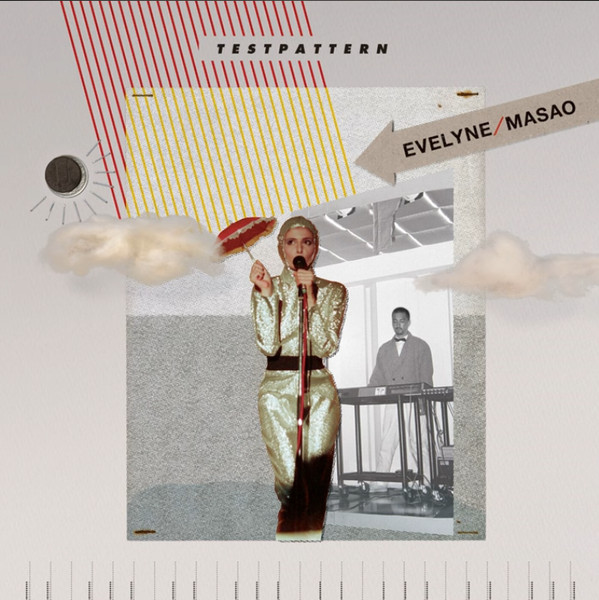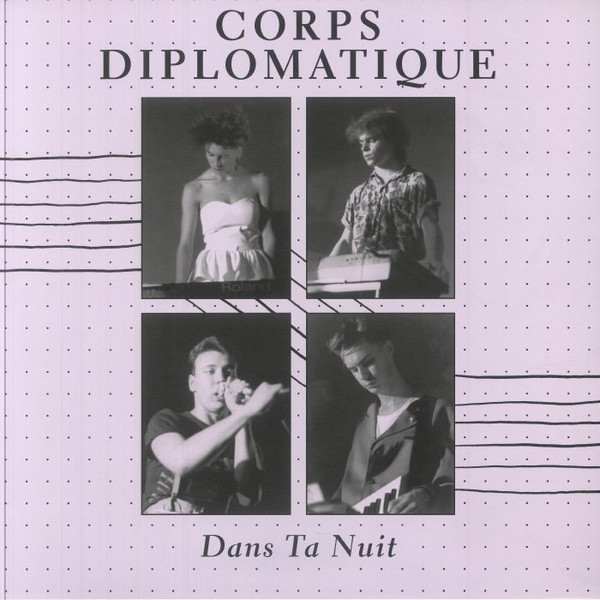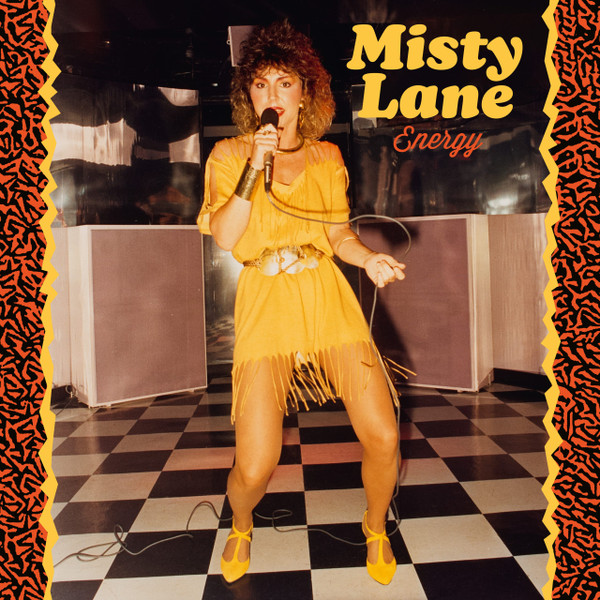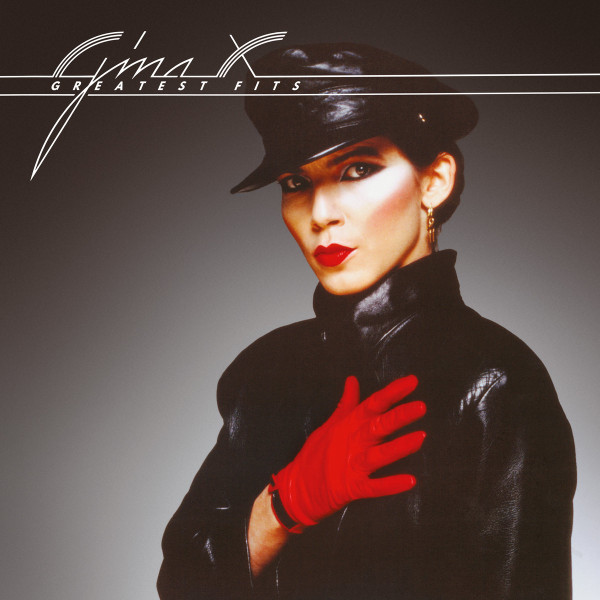By continuing your navigation on this website, you accept the use of cookies for statistical purposes.
Evelyne Bennu / Masao Hiruma
Testpattern


A1
Ich Weiss Nicht Mehr
A2
Watashino Shonen
A3
Paradis Perdu
A4
Sakuramochi
B1
Le Soleil Se Leve
B2
La Jungle En Folie
B3
Au Clair De La Lune
B4
Singin In The Rain
B5
Bird Island
C1
Alien Go Home
C2
Tu Te Fous De Moi
C3
Time Out
C4
Drole Doiseau
D1
Time To Party
D2
Tabac
D3
Tale Of A Lizard
D4
Moonman
Evelyne/Masao bring 'Testpattern' to Dark Entries for the label’s first foray into vintage Japanese electronics. Masao Hiruma and Fumio Ichimura’s project 'Testpattern' is known for their release Apres-Midi, a cult slab of synthpop perfection released by Yukihiro Takahashi and Haruomi Hosono’s legendary Yen Records in 1982.
While Hiruma and Ichimura parted ways following Apres-Midi, Hiruma’s musical endeavors would continue after meeting French/American model and vocalist Evelyne Bennu in 1984 at a café bar where she would sit and write poetry. Their collaborative efforts as Evelyne/Masao were fruitful, and the duo first performed together in June 1984 on a television program called Tokyo Rock TV.
The album 'Testpattern' comprises seventeen songs recorded in Hiruma’s home studio, which have never been released previously. The Evelyne/Masao duo continues building on the soundworld of Apres-Midi: lush, sophisticated electronics with intricate yet minimalist production. Tracks like “Sakuramochi” and “Bird Island” bear influence from Hosono most clearly, their soaring melodies revealing a subtly ironic redeployment of East Asian musical tropes. But 'Testpattern' is more than homage to Yellow Magic Orchestra. “Tabac” and “Le Soleil Se Leve” display oddball sensibilities closer to Sky Records icons Asmus Tietchens or Cluster. Elsewhere, the project shows affinity for the punkier ethos of continental DIY electronics, like on the quirky “Alien Go Home” and a positively skewed cover of “Singin’ in the Rain.” Bennu’s vocals provide a common thread through these explorations, as she alternates deftly between New Wave deadpan and unhinged chanson singer—check her waxing maximally Francophone on “Au Clair de Lune,” based on an 18th century French song.




